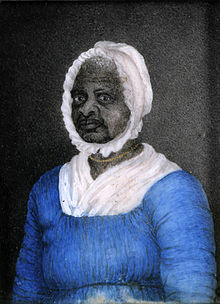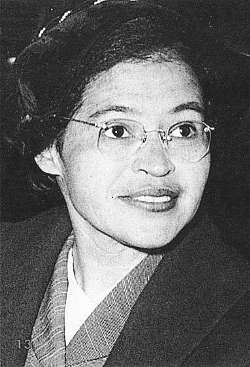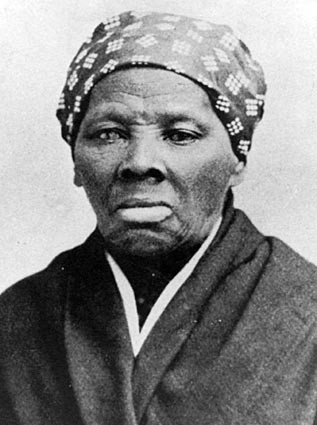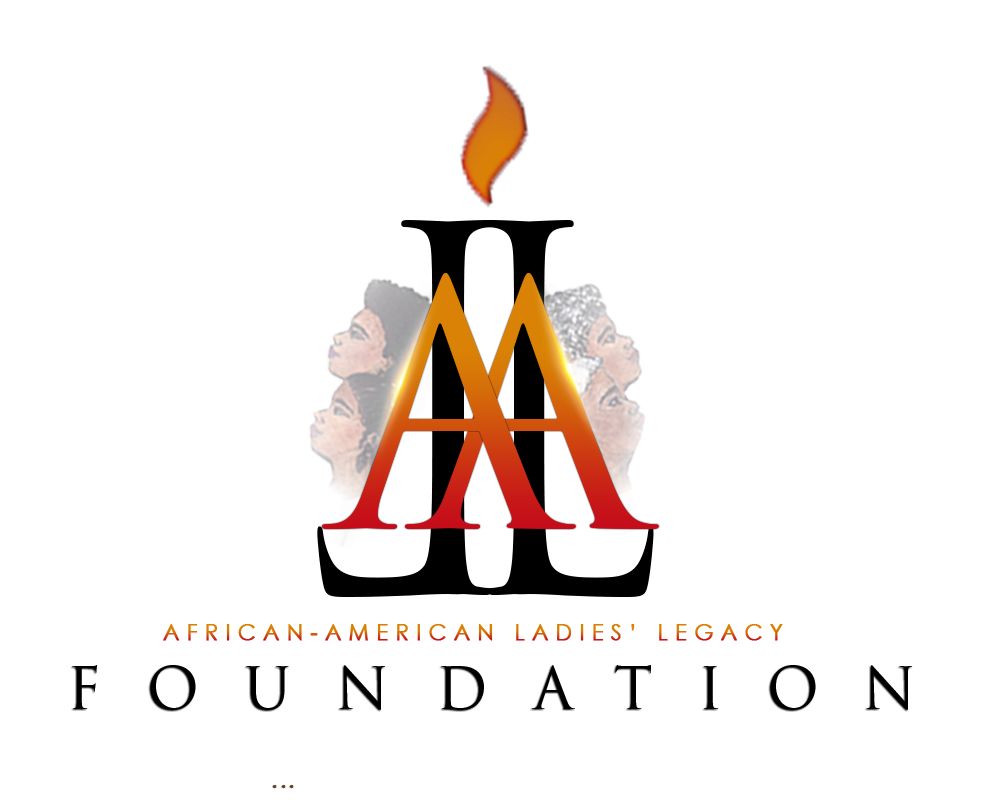Activism
Chronology
1781 Elizabeth Freeman (Mum Betts), (c1784 - 1829), an abolitionist, was the first slave to successfully sue for her freedom, encouraging Massachusetts to abolish slavery in 1781.
1832 Maria Stewart (1803 - 1879), a journalist, lecturer, abolitionist, and women’s rights activist, was the first to address a mixed gender and race audience on the topic of abolition in Boston on September 21, 1832.
1853 Mary Ann Shadd Cary (1823 - 1893), an abolitionist, journalist, publisher, teacher and lawyer, was the first newspaper editor. She began publishing a weekly paper, the Provincial Freeman in 1853, whose motto was,’Self-reliance is the true road to independence.’
1922 Mary Burnett Talbert (1866 - 1923), a civil rights and anti-lynching activist, was the first to receive the NAACP Spingam Medal Award in 1922.
1955 Rosa Louise McCauley Parks (1913 - 2005), a civil rights activist and seamstress, was the first to be known as the ’Mother of the Civil Rights Movement’ because of the role she played in the Montgomery, Alabama bus boycott in 1955.
1955 Coretta Scott King (1927-2006), a civil rights activist, a gifted musician, singer, and the wife of Dr Martin Luther King, Jr., was First Lady of Civil Rights Movement between the years of 1955 and 1968.
1964 Fannie Lou Hamer (1917 - 1977), a civil rights activist, was the first to bring the civil rights struggle in Mississippi to the entire nation during a televised session at the 1964 Democratic Convention.
1978 Harriet Tubman (Araminta Ross) (1820 - 1913), an abolitionist, humanitarian, Civil War spy, was the first to become a conductor of the Underground Railroad, and was the first to be honored on a U.S. Postage Stamp in 1978.
2009 Sojourner Truth (Isabella Baumfree) (1797 - 1883), an abolitionist and women’s rights activist, was the first to have a sculpture permanently placed in the Emancipation Hall of the Capitol Building in 2009.

Elizabeth Freeman

Rosa Louise McCauley
Parks

Harriet Tubman
(Araminta Ross)


FOLLOW US